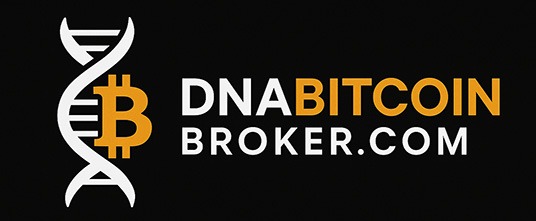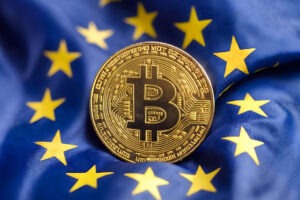Cryptocurrencies have evolved from being a passion of tech enthusiasts to becoming a potential component of the new global financial system. The transformation is also taking place in Europe, a hub of innovation and economic complexity.
What drives this shift, and how far is Europe from fully integrating cryptocurrencies?
Crypto in Europe
Multiple factors have positioned Europe as a significant participant in this cryptocurrency revolution. The economic diversity of the continent is crucial to this. In areas where cross-border transactions occur frequently, cryptocurrencies are a smooth and decentralized substitute for conventional financial systems, especially beneficial in nations with underdeveloped banking systems amid swift digitalization.
Regulation is likewise influencing the story. The European Union is carefully working on frameworks such as the Markets in Crypto-Assets Regulation to enhance clarity and promote innovation while protecting consumers. This coordinated goal will see regulations harmonized across the board in the EU, rendering Europe a very appealing hub for crypto firms.
Moreover, Europe’s tech-savvy inhabitants and governments’ readiness to engage Blockchain technologies are catalysts for anything, resulting in fast-tracking cryptocurrency acceptance. For instance, countries such as Estonia and Finland have embedded Blockchain technology into public services, thus setting the stage for wider acceptance of cryptocurrency.
Crypto in Everyday Life
Cryptocurrencies have developed into more than just speculative assets. In Europe, people are becoming more practical in daily situations. Retailers, especially e-commerce retailers, are beginning to welcome digital currencies as forms of payment. At the same time, fintech companies like N26 and Revolut offer cryptocurrency trading and wallet services through their mobile apps.
Besides, cryptocurrencies are making significant headways, especially regarding cross-border transfers. Cryptocurrencies allow fast and cheap global transactions because they pool transactions together in one tax bunch without necessitating currency conversion and significantly lowering fees.
Tokenization, or converting assets through the digitization process into digital representation on the blockchain, is gaining great prominence. Tokenization can change the landscape for ownership of the arts, real estate, and many other sectors through streamlined ownership transfer options and secured transfers.
Challenges Along the Way
Even with advancements, Europe encountered substantial obstacles before cryptocurrencies gained widespread acceptance. Regulatory uncertainty continues to pose a challenge, as support for crypto innovations varies among EU member states. Although MiCA seeks to standardize the legal framework, certain nations have instituted more stringent regulations that may impede growth.
The environmental effects of cryptocurrency mining, especially for energy-intensive proof-of-work frameworks such as Bitcoin, are another issue. In a zone dedicated to sustainability, discovering eco-friendly options will be essential for securing public and governmental backing.
Public opinion also presents a difficulty. For numerous Europeans, cryptocurrencies are linked with fraud and significant fluctuations. Establishing trust via education and openness will be crucial to transform this narrative.
The future of cryptocurrency in Europe seems positive. With improved regulatory transparency and continuous technological progress, the continent is set to become a leader in cryptocurrency adoption worldwide. Nonetheless, achieving success will depend on addressing the ongoing challenges.
If Europe succeeds in aligning innovation with sustainability, fostering trust through transparency, and continuing to integrate crypto into practical applications, it could become a benchmark for other areas worldwide. The question is not whether cryptocurrencies will become mainstream in Europe but when.
Image Source: Adobe Stock
Disclaimer: This article is purely for informational purposes. It is not offered or intended to be used for legal, tax, investment or financial advice.












